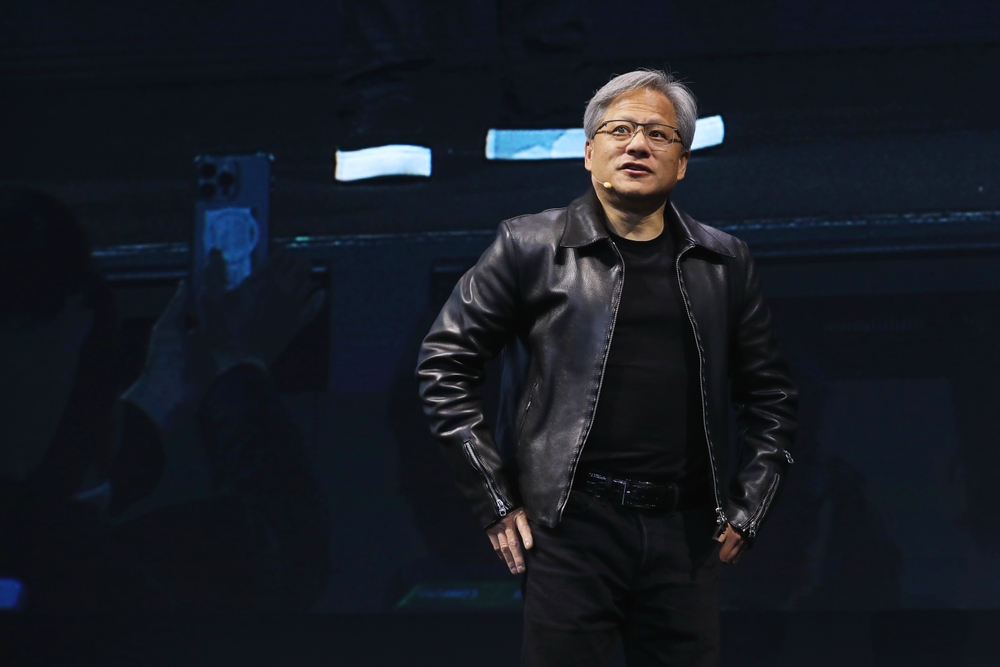Nvidia’s chief, Jensen Huang, discussed recent news and progress in the AI industry at the World Government Summit in Dubai.
AI changes daily, but Huang still donned his trademark leather jacket in Dubai as he discussed the need for sovereign AI infrastructure and a new plan to manufacture custom AI chips.
Huang urged countries to develop their own sovereign AI efforts, “You cannot allow that to be done by other people,” he said, encouraging nations to harness AI’s economic benefits while safeguarding their cultural identities.
“It codifies your culture, your society’s intelligence, your common sense, your history – you own your own data.”
Nvidia’s market dominance in AI chips has propelled its valuation to an impressive $1.73 trillion – almost double its pre-2023 value. Huang attributes this success to Nvidia’s efforts in ‘democratizing’ AI, making high-end computing accessible to a broader audience.
Huang said that now is the time for global leaders to “take initiative, activate your industry, build the infrastructure.”
He further urged developing countries to build their own models, ensuring their culture and languages are preserved as we progress into the AI age. Numerous grassroots projects are doing this already, ensuring AI isn’t exclusive to richer and primarily English-speaking nations.
Addressing fear surrounding AI development, Huang was keen to quell fears, suggesting that this is mostly exaggerated.
He drew parallels with cars and aviation, which, despite initial safety concerns, were successfully regulated and adopted.
Huang criticized those who exaggerate AI’s danger, stating, “There are some interests to scare people about this new technology… And I think that’s a mistake.”
This isn’t a particularly controversial view, with other key figures in AI, such as Yann LeCun, agreeing that negative impacts are often overblown.
Nvidia to build custom chips
Nvidia is also targeting the custom AI chip market, where they’ll develop and manufacture bespoke AI hardware.
Nvidia is already engaging with leading tech giants to explore custom chip opportunities across diverse sectors, including telecom, automotive, and gaming.
The gaming industry, where Nvidia has an obvious pedigree, is developing AI-optimized hardware to drive immersive gameplay experiences and adaptive content.
On AI hardware investment
Huang also shared his perspective on the buzzy financial landscape surrounding AI, particularly after OpenAI CEO Sam Altman discussed raising trillions for a global chip project.
Huang argued that advancing computing efficiency naturally curbs the costs associated with AI development. He stated, “You can’t assume just that you will buy more computers. You have to also assume that the computers are going to become faster and therefore the total amount that you need is not as much.”
There’s been speculation and worry about AI’s escalating resource demands, with some studies stating that this is spiraling out of control and others arguing that it’s exaggerated.
Huang also agreed that expenditure on global AI data centers is set to surge and was confident of Nvidia’s ability to scale to demand.





